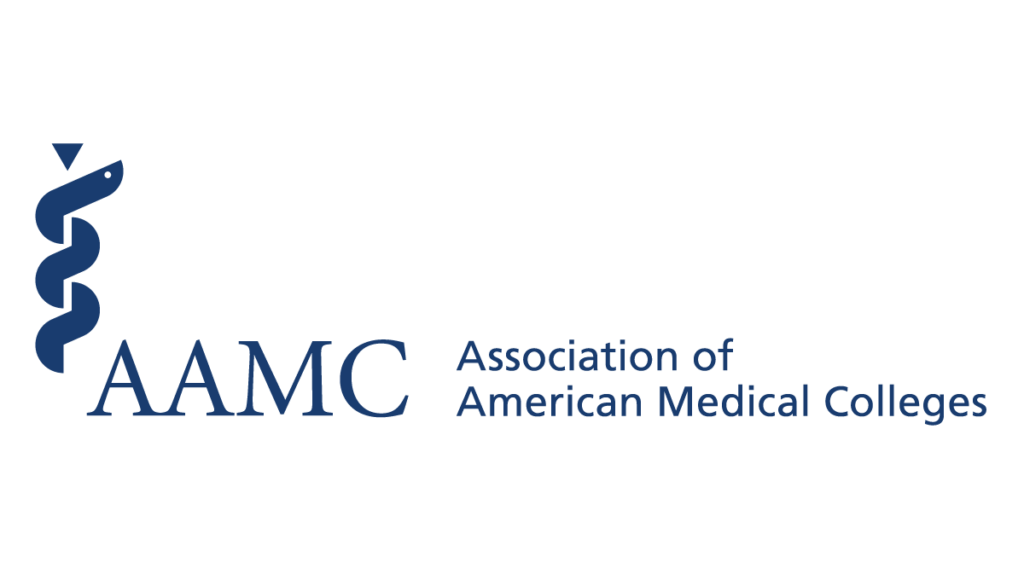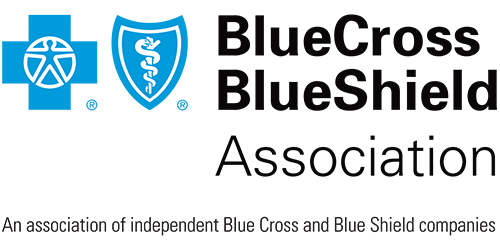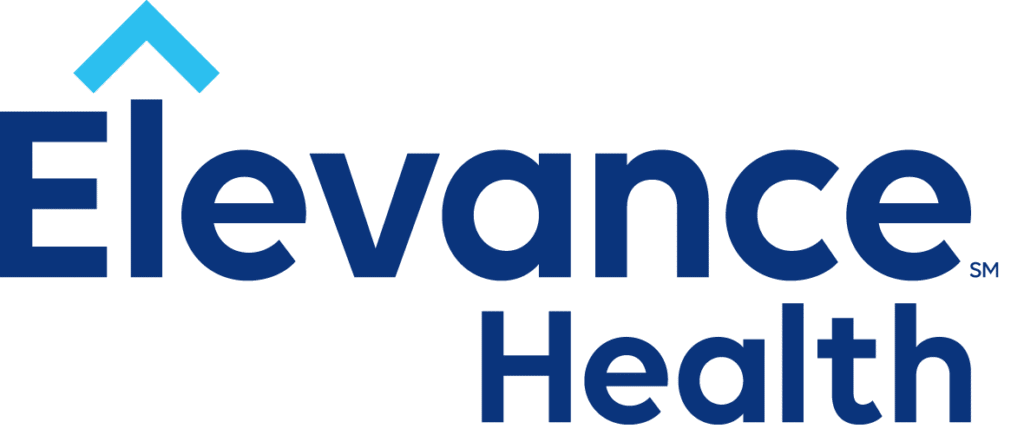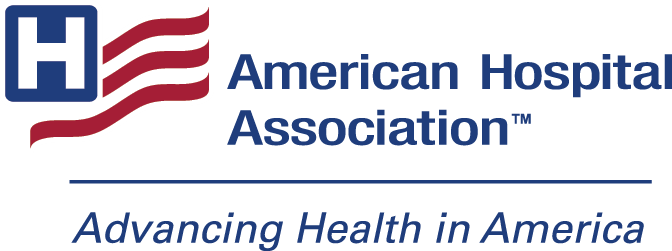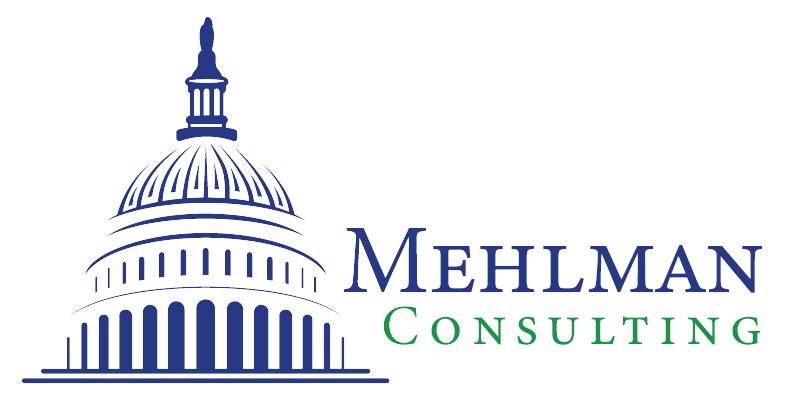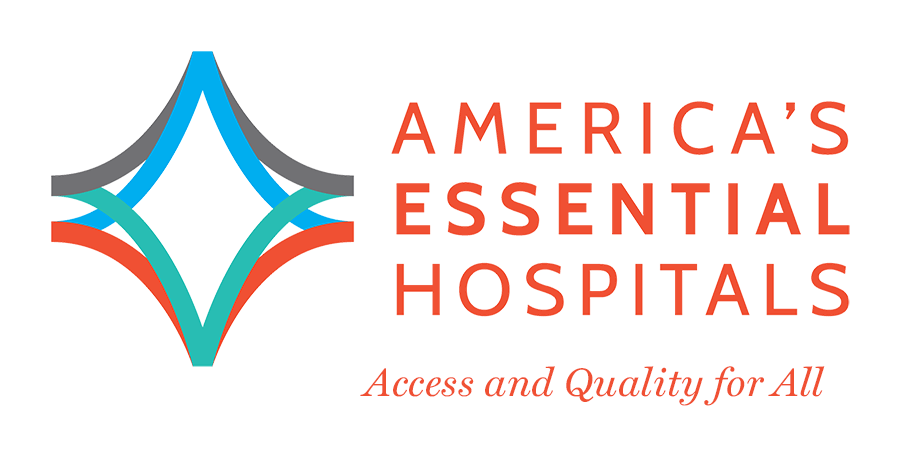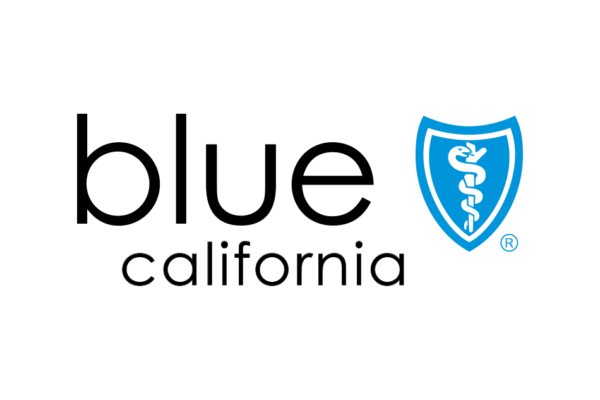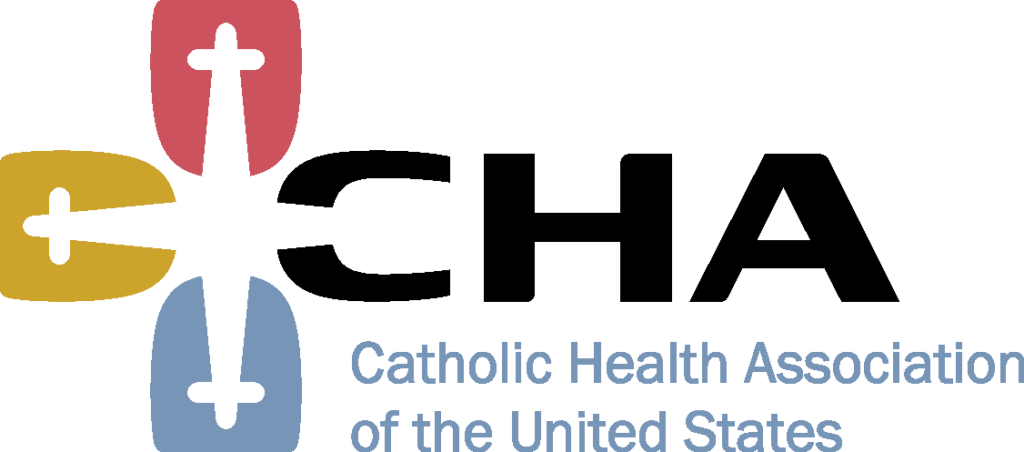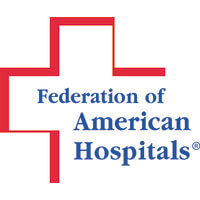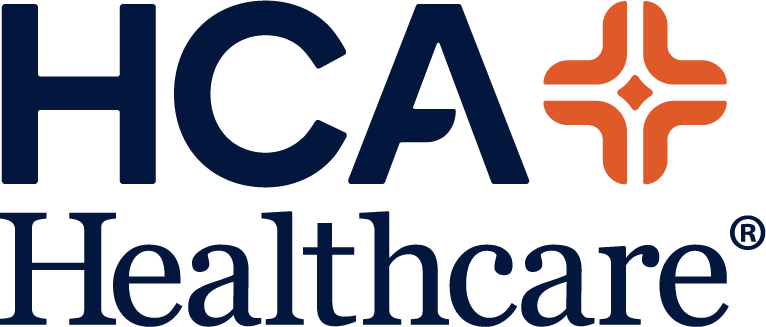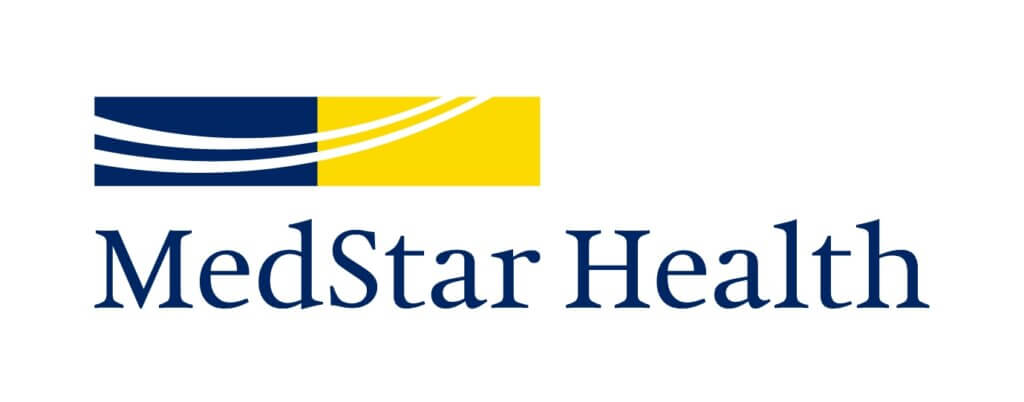*As prepared for delivery; contents of recorded speech may differ slightly.*
Thank you so much, Liz, for that incredibly kind introduction. I am so grateful to you, Tanisha, and to every Board member. It is one thing to serve on a non-profit board during steady times – quite another during times of unprecedented and historic change. Your rock-solid dedication to the Alliance mission makes me so confident that our best days are yet to come. Thank you.
No vision can be executed without a team. It is one thing, as Liz said, to build castles in the air. But it’s awfully hard to build a foundation without a strong, organized, and dedicated team. I could speak volumes about how each of these team members has individually contributed to the Alliance mission. If you have put in time to this organization, let me tell you, I know it hasn’t always been easy – but it has been appreciated. Please stand and be recognized.
It’s such a privilege to have my family here tonight.
Mom, thank you for teaching me the power of connection. If you are having a bad day, believe me, my mom will find you and try to make it better.
Dad, thank you for showing me there is no such thing as the answer in the back of the book – we have to be brave enough to face hard problems and try to figure out the answer, no matter how complicated.
I want to thank Jeremy, my husband. I would not have made it through the last 10 years without your incredible support. And friends, if you have any doubt that teachers are the backbone of our society, I want you to meet my husband because he is teaching math to our future doctors, nurses, and CBO analysts, so keep your eye on those 5th graders.
And, of course, my children. You remind me to stay grounded and present daily.
So I want to thank someone else tonight. I want to thank the critics.
Specifically, I want to thank about 4 or 5 critics I met during my time as a Hill staffer. They traveled several hundred miles in the summer of 2009 to come to a cramped reception area in the Rayburn House Office Building to tell me just how unhappy they were with the emerging health reform legislation.
As a staffer, of course I knew there was opposition to the bill – but confronting it face to face brought the discomfort home. Squeezed on one of those leather couches, I fielded question after question. How was this going to cut Medicare costs without cutting their benefits? Did I seriously believe we had to have an individual mandate? What was really on page 495?
I did my best to answer them. I think I remember using the helpful phrase, “bending the cost curve.” But honestly – mostly what I did was defend and deflect. After all, I thought we were doing the right thing. The critics were wrong or at best, misinformed. Why would they oppose something that was so good for them, anyway?
My dear friend and conservative colleague Chris Holt and I once reflected on our different experiences the night the Affordable Care Act passed. Somehow, in that rush of people after the final vote, I ended up in a tiny elevator with a beaming Congressman John Dingell, who for those too young to remember, was one of the champions of the law. But while one side of the aisle celebrated, my friend Chris distinctly remembers doing the opposite.
13 years later, polling shows the favorability of the law is still split largely along partisan lines – and all of us know, because we live it every day, we have a ways to go towards the destination of a seamless, affordable health care system that people from all parties and all corners of the country feel good about.
And now we have a new generation of congressional staff and policymakers who must navigate this complex journey.
The Alliance continues to innovate and take on efforts to shift policy conversations, including those stuck in mostly partisan stalemates, to a more future-focused, person-centered, and bipartisan approach.
In fact, we are happy to report that this month, with support from the Robert Wood Johnson Foundation, we will begin working on a new three-year program focused on learning about bipartisan opportunities to improve health coverage policy in America.
This funding will support a new chapter in the Alliance’s 30+ year history of catalyzing solutions-focused, bipartisan dialogue with policymakers.
The environment on Capitol Hill has changed dramatically since the Alliance’s founding more than 30 years ago. But one thing hasn’t changed: policy staff on both sides of the aisle are still eager to learn about the health coverage policy landscape.
These resources will enable the Alliance to craft an innovative approach to policy education that meets the needs of today’s policymakers. This program sets out to address the request from federal health policy staff to engage and learn as a community, and I could not be more grateful for the Foundation’s trust and support as we have crafted these innovative new approaches.
That’s not to say that we haven’t had bipartisan efforts to make the system work better.
We have.
Secretaries Azar and Becerra, who spoke at the last two Alliance Signature Series summits, talked about the need to create truly person-first care and foster greater connectivity throughout our health care ecosystem.
And in a health policy debate that is all too often characterized as competing stakeholders fighting over who gets what piece of a limited pie, the Alliance has been working to create that connectivity. Over the last 10 years, I have had the incredible privilege of listening to many of you about your efforts to make health care better from wherever you sit – whether that be government, various entities in the private sector, or at the patient’s bedside. But all too often, we end up trapped – trying to create a better system using outdated tools with our hands tied by institutional obstacles, political pressures, and inertia.
In public, we’re sending press releases. In private, we’re tired.
That is why it has been so inspiring to watch so many of you come together as our Signature Series programming has evolved over 8 years to become one of the most interactive, engaging opportunities to break through old narratives and look to the future – together.
Just this past summer, it was so gratifying to be in a breakout room with experts from provider, payer, pharmaceutical, and patient organizations, and hear the incredible similarities as we crafted the hallmarks of a person-first health system. Turns out, we all want a system that is easier to navigate, a care team that is there for us, and our best chance at a healthy life.
It was exciting to see how the ideas behind person-centered care could begin to unite not only different stakeholders but people across various ideologies – and think about this as a starting point for future collaborations.
I can’t wait to watch our AI and Health series take shape next year – an issue that could take health care – not to mention the entirety of human society — down so many different roads.
We’ve heard that our Signature Series discussions are so energizing because without connecting with others on a shared vision for the future, it’s really hard to look beyond the day-to-day of isolated issues. That said, most of us understandably spend a lot of time focused on the latest rulemaking, floor debate, or bill introduction.
If this describes you, you know the details matter – and as we at the Alliance have heard time and time again, we need to stay true to our roots and keep teaching the basics to incoming generations of Hill staff. That is why next year we will be building on our decades of teaching the basics through our bipartisan Health Policy Academy – to teach the essentials of core policy issues and critical processes.
I don’t know how they did it, but somehow last year’s speakers – two Republicans and two Democrats – gave the most engaging presentation on the regulatory process I’ve ever seen. As one staffer in attendance put it, “I actually really enjoyed the experts on the Regulatory panel. They provided great insight into the executive branch and the often inscrutable regulatory process.”
We are so grateful to the Catholic Health Association for not only supporting this program for over 20 years, but for making a forward-looking three-year commitment to supporting this bedrock Alliance program. Thank you so much.
As I look to the future of the Alliance, I am so proud of the work we’ve done over the past decade – to navigate sometimes treacherous waters as a nonprofit with a bipartisan, stakeholder-neutral mandate, to solidify how we teach the basics, and to reimagine how we can collaborate on a better future.
But for a long time, I have also felt that something was missing from our collective journey.
One of the most frequent questions I’ve been asked during my tenure at the Alliance is, “How do you pick your topics?” And usually, my answer is we do it by keeping our ear to the ground, listening to different perspectives, and putting together programs that we think will be most timely and relevant to our audience – and ideally, we stay a little bit ahead of the curve so we can inform the conversation before it happens.
The challenge is, health policy so often feels like a conglomeration of different topics that quickly acquire buzzword status – and just as quickly fade from the foreground as we move on to the next thing.
But as health policy and our broader society have undergone seismic shifts in the past decade, there is something about the underlying debate that still seems stuck. When we start a debate over a specific policy, someone always loses. But when we start by understanding each other’s values, we have a better chance of getting the solution right.
So here’s the question: what if – as in so many great journeys – the answer has been right under our nose all along?
What if the road forward for health policy means we have to come home – home to the bedrock American values enshrined in our Declaration of Independence – those of life, liberty, and the pursuit of happiness?
The Founders of our nation did not say, gee, these would be nice things to have. They said life, liberty, and the pursuit of happiness were unalienable rights.
And yet, I’m not sure if we’ve been having as productive a discussion as we could – either about how to get there, or about the inherent tradeoffs between those core values.
My career to date has been bookended by two major world events: 9/11 and a global pandemic. After 9/11, most of us willingly gave up certain liberties – or at least submitted to certain inconveniences – for the sake of security – life.
During the COVID-19 pandemic, we grappled more publicly and contentiously with the tradeoffs between protecting lives from a deadly respiratory illness and curtailing liberties – such as through mask mandates or stay-at-home orders.
And after all the incredible science and collaboration that went into developing life-saving vaccines, all the work to figure out how to get the vaccine supply from one place to another in sub-zero boxes, and all the debate that went into how to pay for the vaccines, many people were still left with unresolved questions that hinged on their perceptions of whether a vaccine could really save their lives and whether they should be required to get it.
So I’ll leave you tonight with a thought experiment about life, liberty, and the pursuit of happiness.
What if, on the road ahead, we as a health policy community pointed our compass toward life?
How many “deaths of despair” might we avert? How many more maternal lives might we save? How many years of life expectancy might we regain?
What if, on the road ahead, we pointed our compass towards liberty?
Would we do more to consider the impact of our decisions on people’s autonomy and ability to self-direct their lives?
What if, on the road ahead, we pointed our compass towards the pursuit of happiness?
Would we make an even greater effort to solve our nation’s mental health crisis? Would we hold ourselves more accountable for the total well-being of our employees, our colleagues, and our communities?
What else might be possible?
I know this framework won’t help you write your comment letters – yet. But whether or not the Founding Fathers anticipated this moment, I believe that if we can commit to more transparent dialogue and meaningful solutions we might begin to repair the foundation on which our health policy debate rests – and thus might illuminate the path to a future that empowers health and prosperity, delivers seamless, affordable care, and earns the trust of people across the country – regardless of political affiliation, income, or personal characteristics.
My friends, we’ve come such a long way together. I thank all of you from the bottom of my heart for supporting this work because this is about so much more than health policy.
As we gaze upon the Lincoln Memorial, we remember that President Lincoln himself said, “A house divided against itself cannot stand.”
Our choice to come together as an Alliance for Health Policy is about our founding ideals as a nation. It’s about preparing for whatever the future may bring. And it’s about standing united for the sake of a stronger, healthier, and more prosperous country.
I am so grateful to the incredible Alliance team and Board for your unwavering dedication to this mission. I can’t wait to see what comes next for this incredible organization. And whatever the future brings, I know our paths will cross again.
Here’s to the next chapter.




